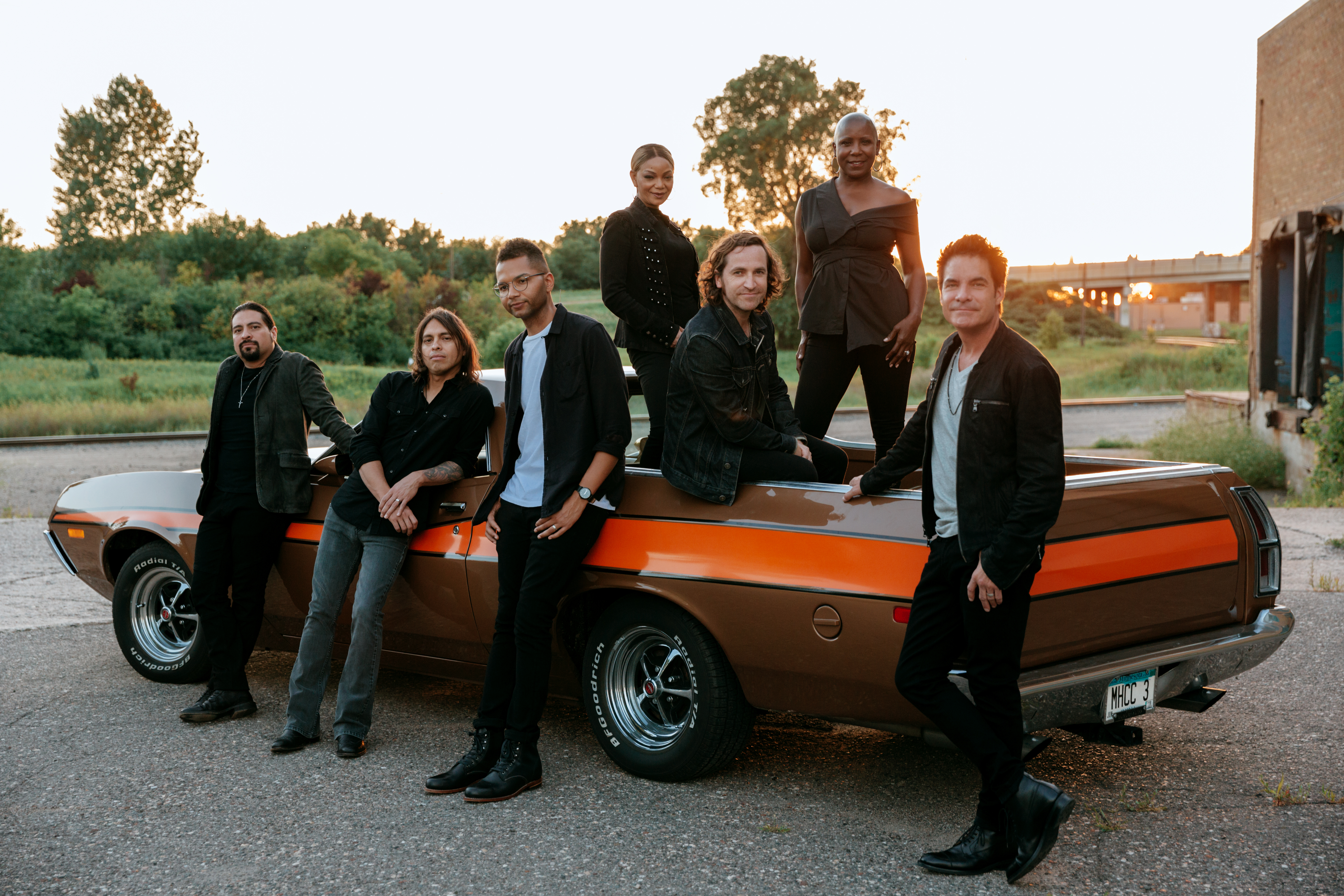San Francisco’s music scene in the 1990s was thriving, as the city was home to myriad fledgling bands that would become some of the best-known groups of the decade: Counting Crows, Third Eye Blind, Primus, and Green Day, to name a few. I was living in the city then, and I’d head to clubs to hear up-and-comers such as Sean Hayes, Michael Franti, and Train. Led by singer/songwriter Patrick Monahan, Train would play to a packed audience at the Last Day Saloon, a delightfully worn-in neighborhood bar and music venue on Clement Street. As Train trotted out the buoyant “Meet Virginia” and introspective “I Am,” it was clear the band would one day outgrow the intimate San Francisco scene.
In 1998, Train released its eponymous, self-produced debut record; the songs we’d been singing along to in the small clubs quickly became radio hits. Train went platinum, and the album’s second single, “Meet Virginia,” landed in the top 20 on Billboard’s Hot 100. Three years later, the band was launched into the stratosphere with its sophomore album, Drops of Jupiter. The title song, with its soaring strings, epic lyrics, and engaging beat, spent more than a year on the charts and earned them a Grammy for Best Rock Song.
Over the next two decades, Train would record eight more albums and score as many more hits — “Calling All Angels” and “Hey, Soul Sister,” for example. With a fan base that ranges from millennials to baby boomers, Train’s impressive career doesn’t seem to be slowing down. On tour for its Greatest Hits album, which was released last year, Train is playing the Santa Barbara Bowl on June 11. I recently spoke with Monahan about the band’s career arc and what’s next for the group.

This tour was prompted by Train’s Greatest Hits album. Is that right? Yeah, basically. I’ve always tried to avoid the greatest hits because it kind of meant it was time to go out to pasture. But my manager convinced me that it’s actually a much better way for people to find you since music has changed so much, and it’s all streaming and now they can look at the greatest hits and see all the songs that they may not know the band’s name. So it made a lot of sense to me.
And now, all these years later, you’ve had a really long run. Yeah, it’s been almost 25 years, and sometimes it feels like 50, and sometimes it feels like it just started. I mean, there are times where I’m on my way into the city right now, San Francisco, because we’re going to do a private show for Stub Hub. And we’ll play the Fillmore, and who doesn’t love the Fillmore? You know, it’s like the greatest spot ever.
You don’t play the small venues so much these days, do you? No, but I want to after I make the next album. I think it’d be a lot of fun to go do the Fillmores of the country. There was a time when Tom Petty did like 16 nights at the Fillmore. I don’t think we could do that, but I think we could at least do a few. I think it’d be really fun to, like, go back to the heart of it — musically and as far as the venues.
And how would that change musically? I don’t know. You know, so many things now start with, like, a drum beat and a sound, and I don’t knock that; it’s just that’s not the way [we] started in the beginning. It started with acoustic guitars, and then we would build from there. And now it’s like, “Oh man, check out this beat.” And that’s just the way that music has evolved. And it’d be nice to just go back to the acoustic guitar for a minute.
When “Hey, Soul Sister” came out, my niece and nephew were young kids. They sang that song all the time. Oh, that’s cool. I heard some really amazing stories. There was a boy in 2009, when “Soul Sister” was out, or maybe it was 2010. And he was severely autistic and never spoke, and his parents were in the kitchen, and they heard something in the television room. And it was him singing to “Hey, Soul Sister” on TV, and they broke down. That was the first that he’d ever spoken. So that song did some really magical things.
4•1•1 | Train plays, with the Goo Goo Dolls and Allen Stone, Tuesday, June 11, at the Santa Barbara Bowl (1122 N. Milpas St.). Call (805) 962-7411 or see sbbowl.org.





You must be logged in to post a comment.